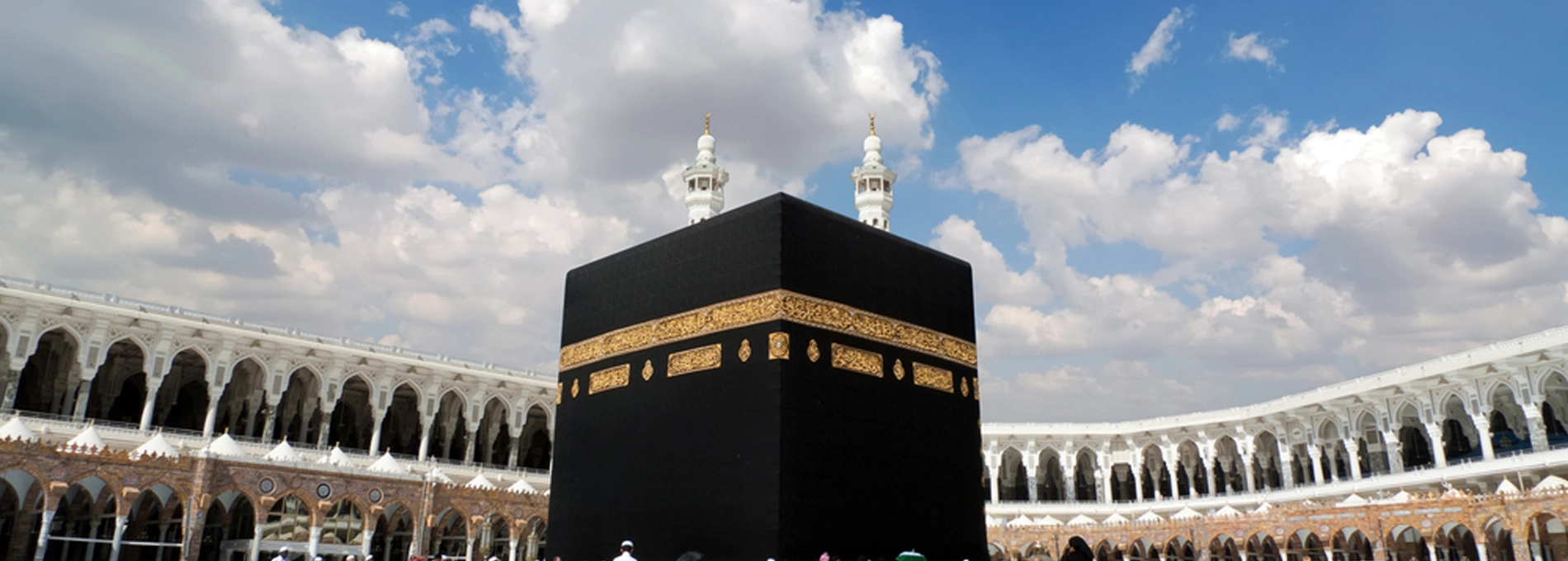What is the Difference Between Hajj and Umrah?
For centuries, Muslims from every corner of the world have traveled to the holy city of Makkah, responding to the call of devotion and faith. Among the most profound acts of worship are two sacred pilgrimages—Hajj and Umrah. Both hold immense spiritual significance, both involve visiting the House of Allah, and both serve as a means of drawing closer to Him. Yet, they are not the same.
Many first-time pilgrims often ask: what is the difference between Hajj and Umrah? At Hajj Umrah Waale, we believe that understanding this distinction not only prepares you better for the journey but also deepens your appreciation of the rituals themselves.
The Meaning and Obligation
Hajj: The fifth pillar of Islam, obligatory once in a lifetime for every Muslim who is physically and financially capable. Performed annually in Dhul Hijjah.
Umrah: Often called the “lesser pilgrimage”. It is not compulsory but highly encouraged and can be performed any time of the year.
The Timing
Hajj: Fixed dates – from the 8th to the 13th of Dhul Hijjah.
Umrah: Flexible – can be performed at any time of the year.
Rituals and Practices
Both begin with entering Ihram and include Tawaf (circumambulation of the Kaaba), but Hajj has more extensive rites.
- Hajj Rituals: Ihram, Standing at Arafat, Muzdalifah, stoning at Mina, Qurbani (sacrifice), Tawaf al-Ifadah, Sa’i, and shaving/trimming hair.
- Umrah Rituals: Ihram, Tawaf, Sa’i, shaving/trimming hair. No Arafat, Mina, or Qurbani required.
Spiritual Significance
Hajj: The ultimate act of submission to Allah, symbolizing equality, humility, and sacrifice. Millions stand together in unity, reminding believers of the Day of Judgment.
Umrah: Though smaller in scale, it expiates sins, renews faith, and strengthens one’s bond with Allah. Many Muslims perform it repeatedly in their lives.
Duration
Hajj: 5–6 days minimum due to multiple rites and fixed schedule.
Umrah: Can be completed within a few hours, though many choose to extend their stay in worship.
In summary, the difference between Hajj and Umrah
| Aspect | Hajj | Umrah |
|---|---|---|
| Obligation | Mandatory once in a lifetime if able | Voluntary but highly recommended |
| Timing | Specific days in Dhul Hijjah | Any time of the year |
| Duration | 5–6 days minimum | A few hours to one day |
| Major Rituals | Arafat, Mina, Muzdalifah, Qurbani, Tawaf, Sa’i | Tawaf, Sa’i, shaving or trimming hair |
| Spiritual Value | Ultimate act of worship, fifth pillar of Islam | Renewal of faith, forgiveness of sins |
Conclusion
In summary, the difference between Hajj and Umrah lies in their obligation, timing, and rituals, but both remain deeply rewarding acts of worship. Hajj is a once-in-a-lifetime duty that unites the entire Muslim Ummah, while Umrah is a voluntary journey that can be performed at any time.
At Hajj Umrah Waale, we believe every step you take toward Makkah—whether for Hajj or Umrah—is a step toward purification, spiritual growth, and closeness to Allah.


